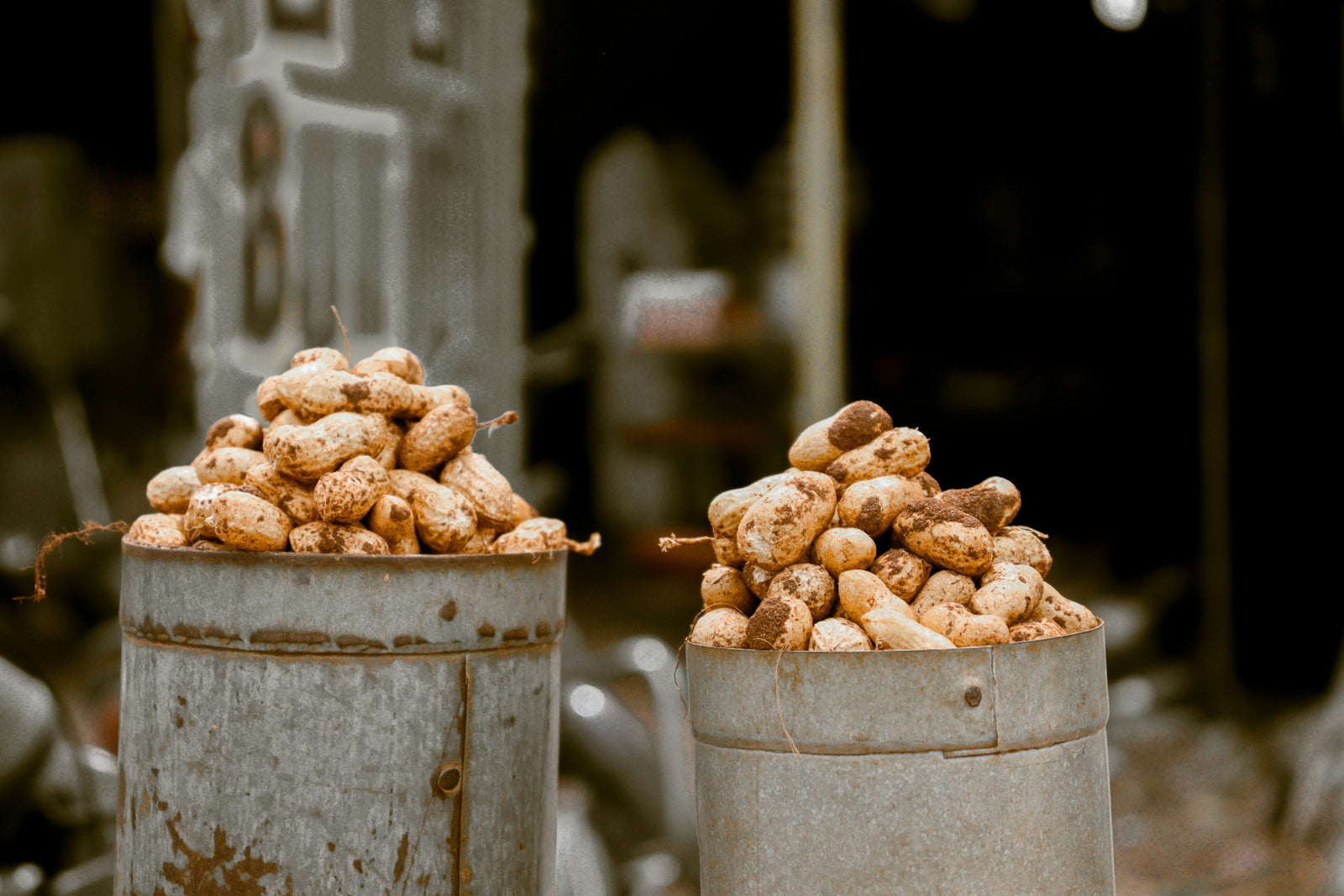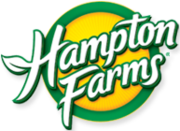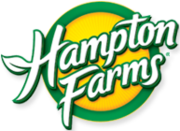Different Names for Peanuts: Why They Exist and Where They Come From

Peanuts are a staple snack, a key ingredient in countless recipes, and an important crop around the world. But depending on where you are, or who you’re talking to, these humble legumes go by many different names. From scientific labels to slang and cultural nicknames, peanuts have gathered a variety of identities over time. In this article, we’ll break down the different names for peanuts, explore their historical roots, and explain how they came to be part of our shared vocabulary.
A Brief History of the Peanut
Before we can understand why they’re called peanuts, we need to look at where they came from. The history of the peanut likely begins in South America, where indigenous peoples cultivated and consumed them long before they spread globally. Spanish explorers helped introduce peanuts to Europe and Africa, where they became deeply rooted in local cuisines. By the 1700s and 1800s, peanuts had made their way to North America, where they became a popular crop in the southern United States.
The name "peanut" became the most common term in the U.S., even though peanuts are not technically true nuts because they grow underground like beans and lentils. So, why are they called peanuts in the United States? The term is based on their small size and nut-like appearance. As the crop gained popularity in North America, “peanut” became the preferred term and has since become the standard across most English-speaking countries.
Common Names and Nicknames for Peanuts
Peanuts may be universally loved, but what they’re called can vary widely depending on culture, geography, and tradition. In the American South, they’re often referred to as “goober peas,” a nickname that dates back to the 1800s and originates from the African word nguba. This early slang name for peanuts became especially popular during the Civil War era and even appeared in folk songs and regional dishes.
Around the world, other names for peanuts are tied to local customs and agriculture. In Africa and parts of Asia, peanuts are often known as “groundnuts,” a practical name that refers to how they grow. In the United Kingdom, “monkey nuts” typically refers to peanuts still in the shell, while older botanical references might call them “earthnuts.”
These many nicknames for peanuts all highlight different aspects of the crop, from how it’s sold to how it’s enjoyed. In the UK, for instance, monkey nuts are popular during holiday celebrations. In the American South, “goobers” still carry nostalgic weight, especially during peanut festivals or when served as classic boiled peanuts.
Peanuts by Any Name Still Pack a Nutritional Punch
Peanuts are a global favorite packed with nutritional benefits. Whether you're shopping for "groundnuts" in Ghana, "monkey nuts" in London, or roasted peanuts in the U.S., the product is largely the same. Despite the different names for peanuts, they remain a go-to for snacking and cooking, celebrated for their protein content, healthy fats, and versatility. Embracing their cultural variety only adds more flavor to the story of this iconic legume.
At Hampton Farms, we celebrate the heritage, flavor, and variety of this time-honored snack. Stock up today and experience the rich tradition behind one of the world’s most beloved foods—no matter what you call it.


Leave a comment